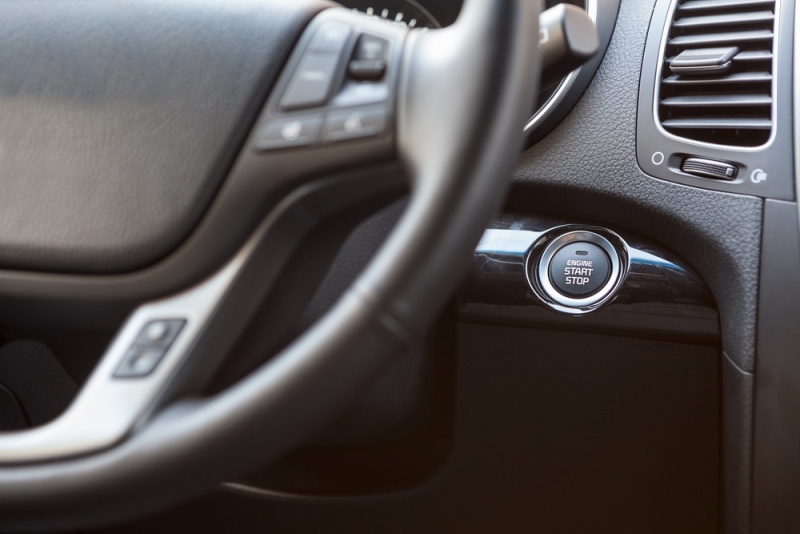Ten of the world's biggest automobile manufacturers are being sued by US consumers who claim they hid the risks involved with carbon monoxide poisoning in over 5 million keyless ignition vehicles. A "defect" they say has resulted in the deaths of 13 people.
According to the complaint, which was filed in Los Angeles federal court on Wednesday, many customers believed that if they left their vehicles running after taking the electronic key fobs with them, the engines would shut off automatically. However, the vehicles continue running and produce carbon dioxide, which the 28 named plaintiffs said can have "deadly" results for those who inhale it, including when vehicles are left in garages attached to homes. They also said the defect reduces their vehicles' resale value.
A keyless ignition lets a driver start a vehicle by pushing an on-off button, instead of inserting a key, once the vehicle detects a nearby electronic fob. They have been available in the US since at least 2003. The lawsuit claims the carmakers have long known the risks of the system, yet deceived consumers by marketing their vehicles as safe. The plaintiffs say the 13 deaths could have been averted by installing a feature to automatically turn off unattended engines, and that GM and Ford even took steps to patent a shut-off feature.
The 10 named defendants in the case are: BMW, including Mini; Daimler's Mercedes Benz; Fiat Chrysler; Ford Motor Co; General Motors Co; Honda, including Acura; Hyundai, including Kia; Nissan, including Infiniti; Toyota, including Lexus; and Volkswagen, including Bentley.
The lawsuit seeks class-action status and an injunction requiring automakers to install automatic shut-off features on all existing and future vehicles sold with keyless ignitions. It also seeks compensatory and punitive damages. Ford was the only defendant to comment on the lawsuit, saying it takes customer safety "very seriously" and it's keyless ignition system had proven "safe and reliable."
